Understanding Cancer
Cancer is a group of diseases characterized by the uncontrolled growth and spread of abnormal cells. If the spread is not controlled, it can result in death. The term "cancer" encompasses a large number of diseases, with more than 100 different types identified. Cancers are usually named based on the organ or tissue where they originate, for example, lung cancer, breast cancer, and brain cancer.
A Brief History of Cancer
The history of cancer dates back thousands of years. The earliest descriptions come from ancient Egypt, where physicians documented cases of tumors in manuscripts around 1600 B.C. The term "cancer" itself was coined by the Greek physician Hippocrates, often considered the "father of medicine." Despite the long history, significant advancements in cancer treatment, such as surgery, radiation, and chemotherapy, only began in the 20th century.
The Most Common Types of Cancer
Common cancers vary by geographic location and population, but some of the most frequently diagnosed include:
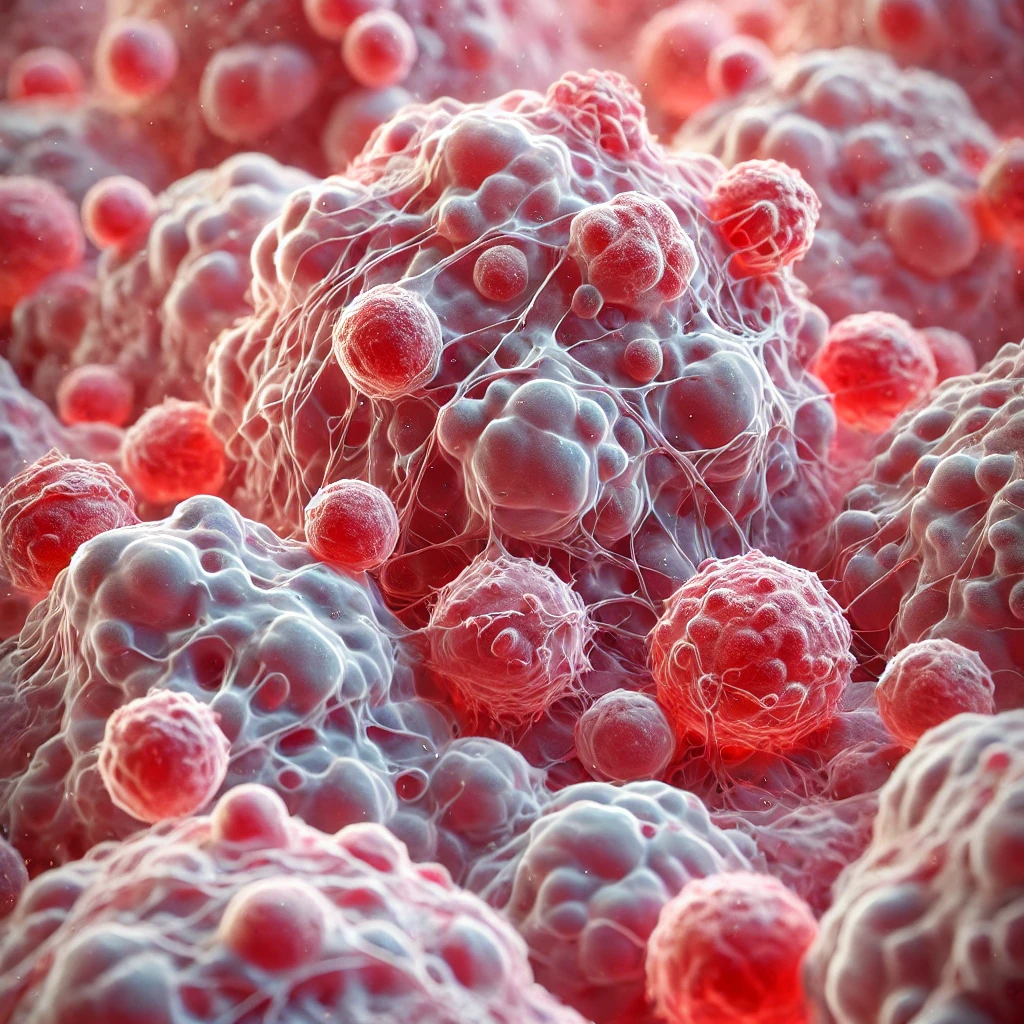
Breast Cancer: The most common cancer in women worldwide. It originates in the cells of the breast, most often in the ducts or lobules. Breast cancer can spread to other parts of the body if not detected early. Regular screening, including mammograms and self-exams, can help catch it at an earlier, more treatable stage. Treatment options vary depending on the stage and may include surgery, radiation therapy, chemotherapy, and targeted therapies. Advances in personalized medicine are improving outcomes for many patients.
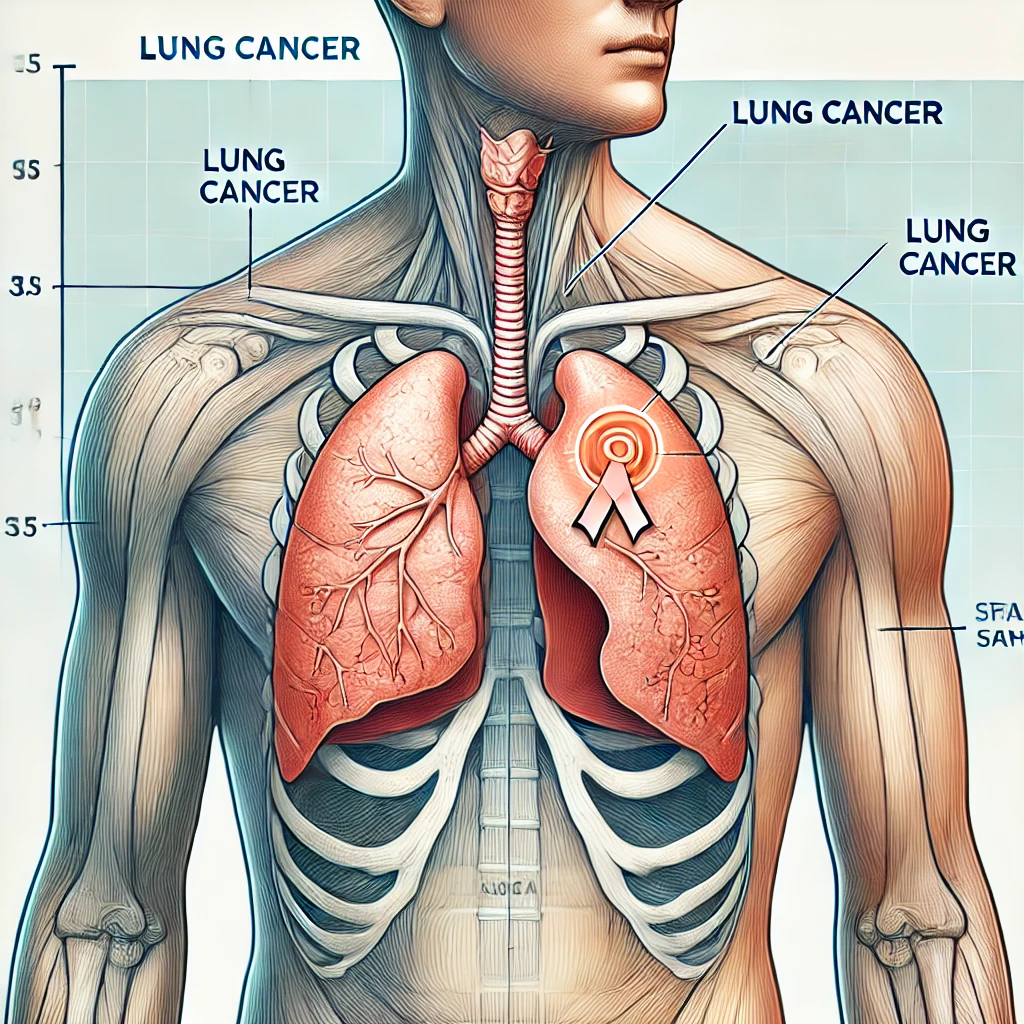
Lung Cancer:The leading cause of cancer death, heavily linked to smoking, although it can also occur in non-smokers. Lung cancer starts in the cells of the lungs and can spread quickly to other parts of the body, including the brain and bones. Symptoms often appear only when the disease is advanced and may include persistent cough, chest pain, and shortness of breath. Treatment depends on the type and stage of the cancer and may involve surgery, radiation therapy, chemotherapy, or newer targeted therapies such as immunotherapy.
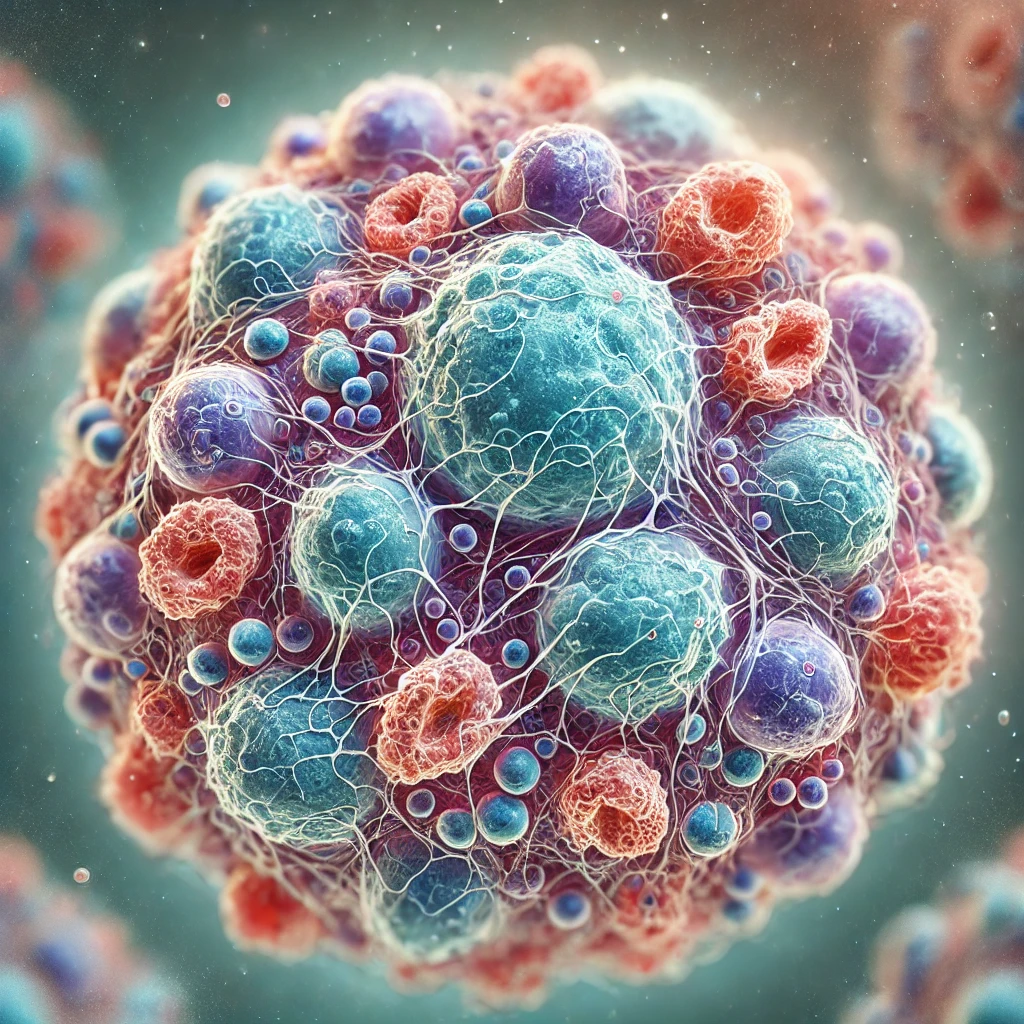
Prostate Cancer:A common cancer in men, particularly in older age. Prostate cancer occurs in the prostate gland, part of the male reproductive system. Symptoms can include difficulty urinating, blood in the urine, or pelvic discomfort. While some prostate cancers grow slowly and may not need immediate treatment, others are aggressive and require early intervention. Treatment options may include active surveillance, surgery, radiation therapy, hormone therapy, or chemotherapy, depending on the cancer's stage and aggressiveness.

Brain Tumours: Though relatively rare, brain tumors can be aggressive and significantly impact quality of life. They originate in the brain's tissues and can disrupt vital functions such as movement, memory, and speech. Brain tumors may be benign (non-cancerous) or malignant (cancerous), and their symptoms can vary based on size and location. Treatment often involves surgery, radiation therapy, chemotherapy, or targeted therapies to manage the condition and alleviate symptoms.
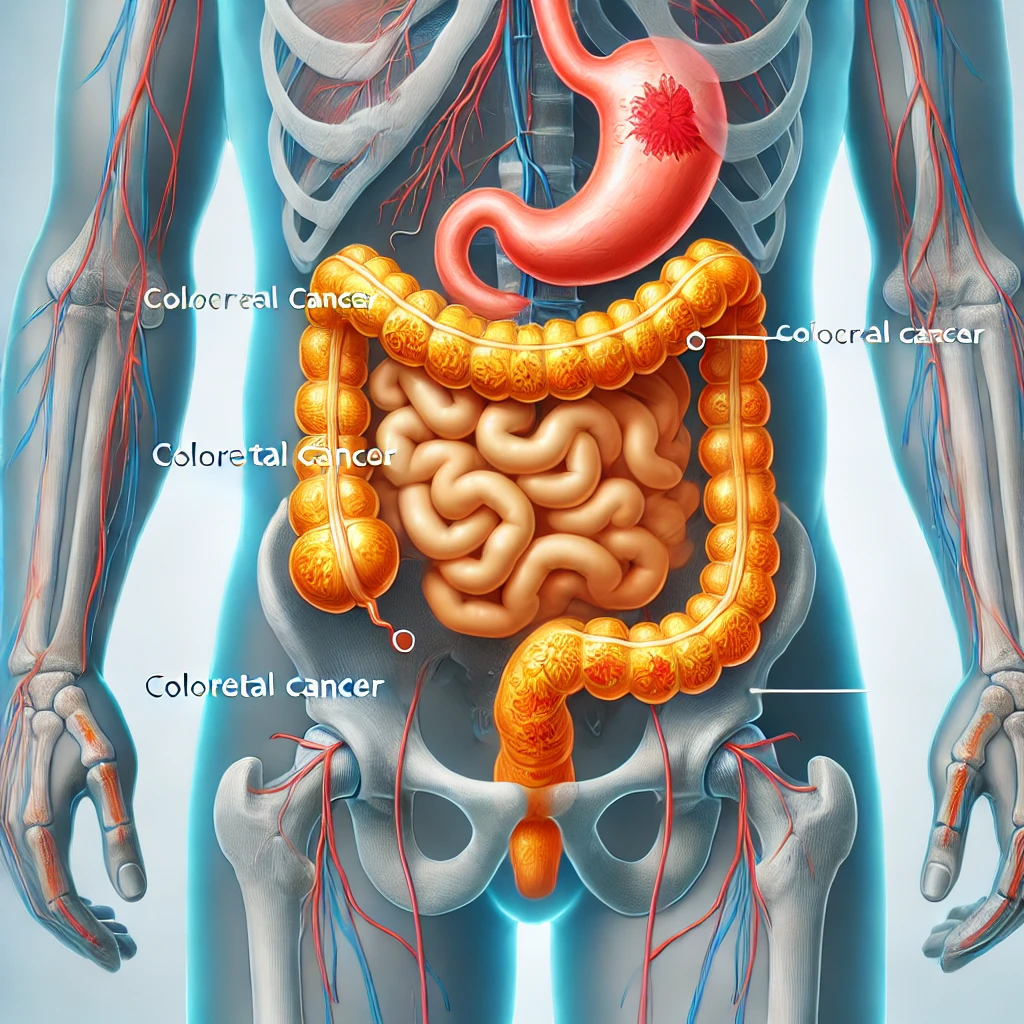
Colorectal Cancer: A major cause of cancer-related deaths, affecting both men and women. Colorectal cancer develops in the colon or rectum, often starting as a noncancerous polyp that can gradually become cancerous. Symptoms may include changes in bowel habits, abdominal discomfort, or rectal bleeding. Regular screenings, such as colonoscopies, can help detect and remove polyps before they develop into cancer. Treatment may involve surgery, radiation, chemotherapy, or targeted therapies.
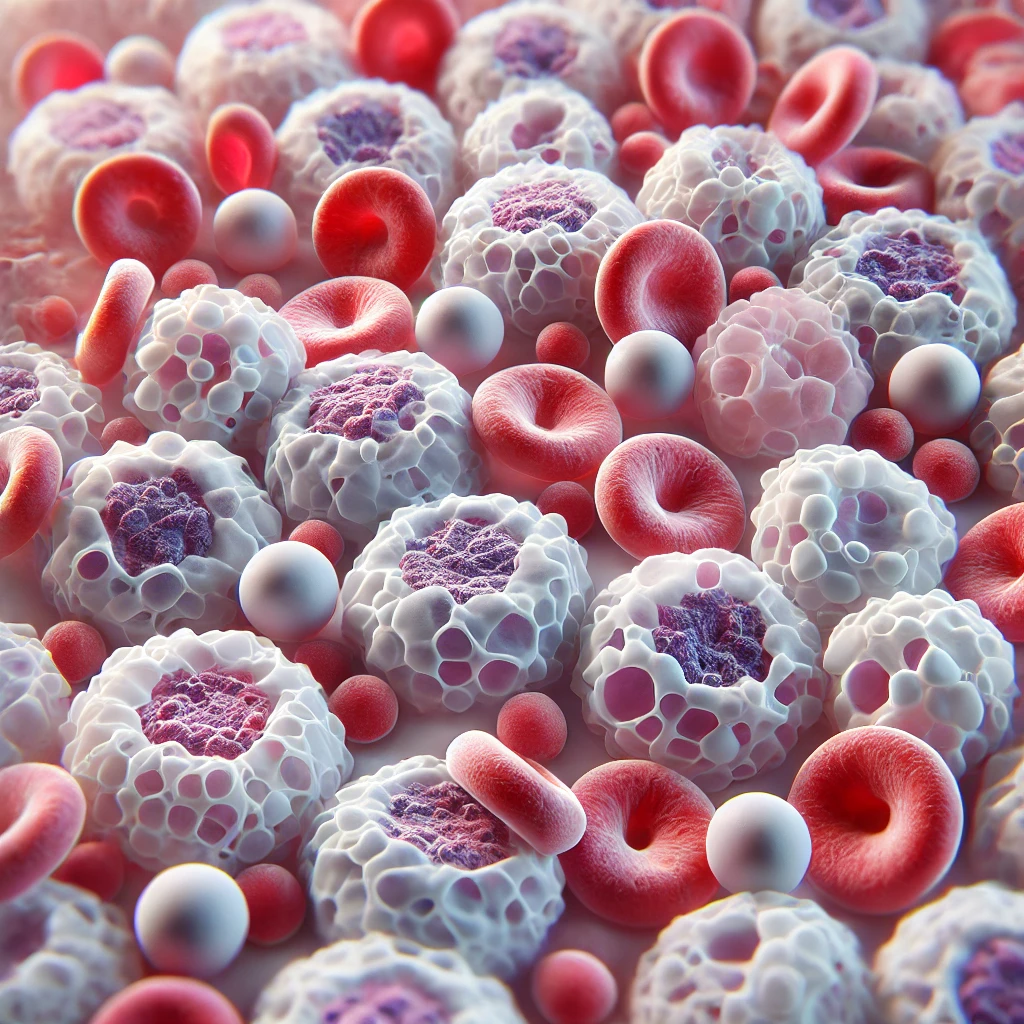
Leukemia:A type of cancer that affects the blood and bone marrow, resulting in the production of abnormal white blood cells. These cancerous cells crowd out healthy blood cells, leading to symptoms like fatigue, frequent infections, bruising, and bleeding. Leukemia can be acute or chronic, and early diagnosis is crucial. Treatments may include chemotherapy, radiation therapy, targeted therapies, or stem cell transplantation.
The Rarest Types of Cancer
While common cancers account for the majority of cases, some cancers are extremely rare. These include cancers such as Merkel cell carcinoma, a skin cancer that is often aggressive, and angiosarcoma, which originates in the blood vessels. Rarer still are conditions like chordoma, a type of cancer that occurs in the bones of the skull base and spine.
The Biggest Killers for Different Age Ranges
The impact of cancer varies greatly by age:
Children and Teenagers: For those under 20, cancers of the blood (leukemia) and brain tumours are the most common, with brain tumours often being more fatal.
Young Adults (20-39): Testicular cancer and thyroid cancer are more common in younger adults, while certain brain tumours remain significant threats.
Middle-aged Adults (40-64): Lung, colorectal, and breast cancers are the biggest concerns in this group. Prostate cancer is also prevalent in men over 50.
Older Adults (65+): Lung cancer remains the leading cause of cancer death, while prostate and breast cancers are also common. The risk of multiple types of cancer increases with age.
Moving Forward
As research advances, the hope for better treatment and potentially cures continues to grow. Early detection, lifestyle changes, and advancements in personalized medicine are critical in the fight against cancer. It's also important to stay informed about the latest developments and understand the resources available for different types of cancer.
For more information about brain tumours, visit our dedicated section on brain tumours.